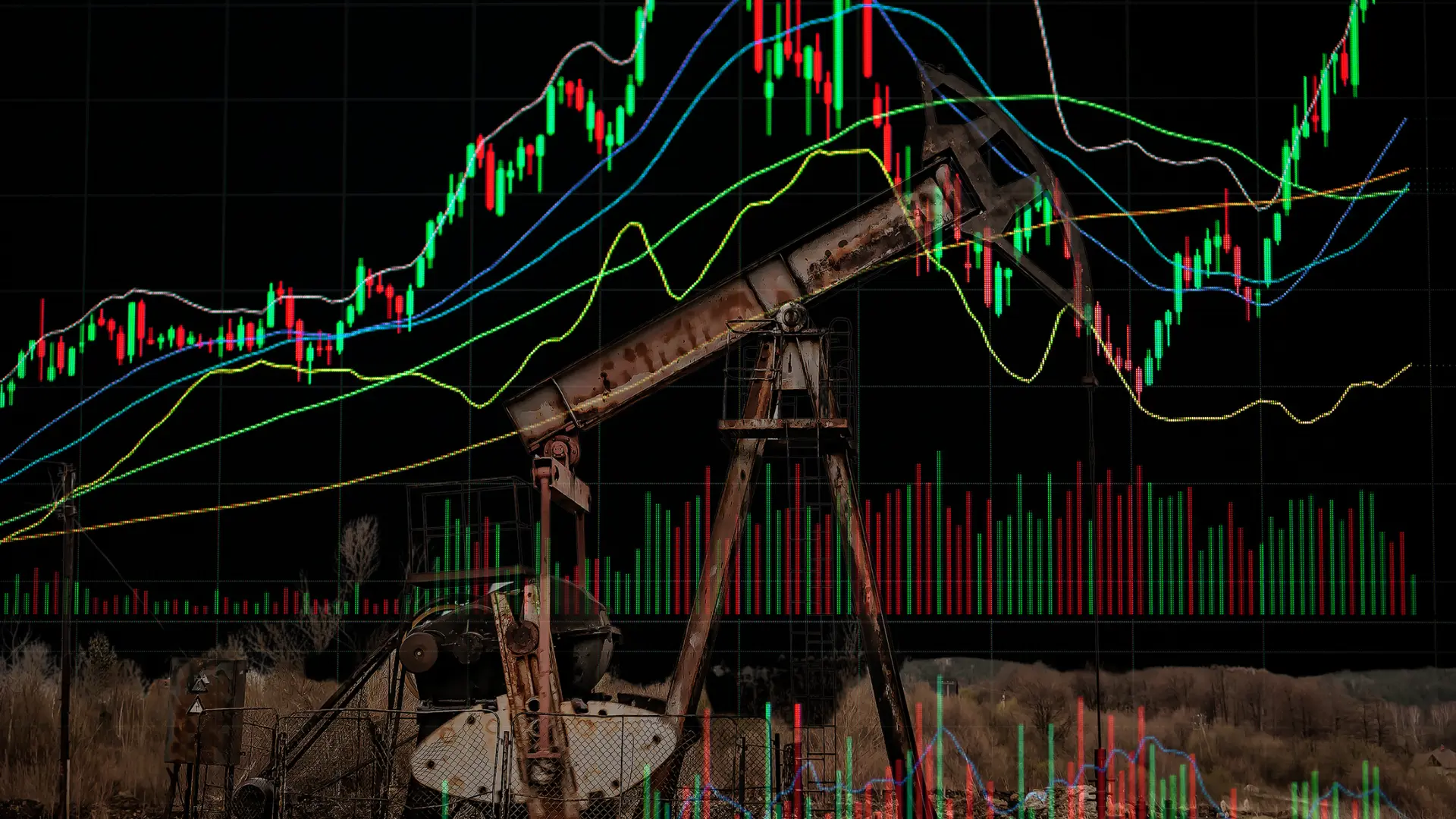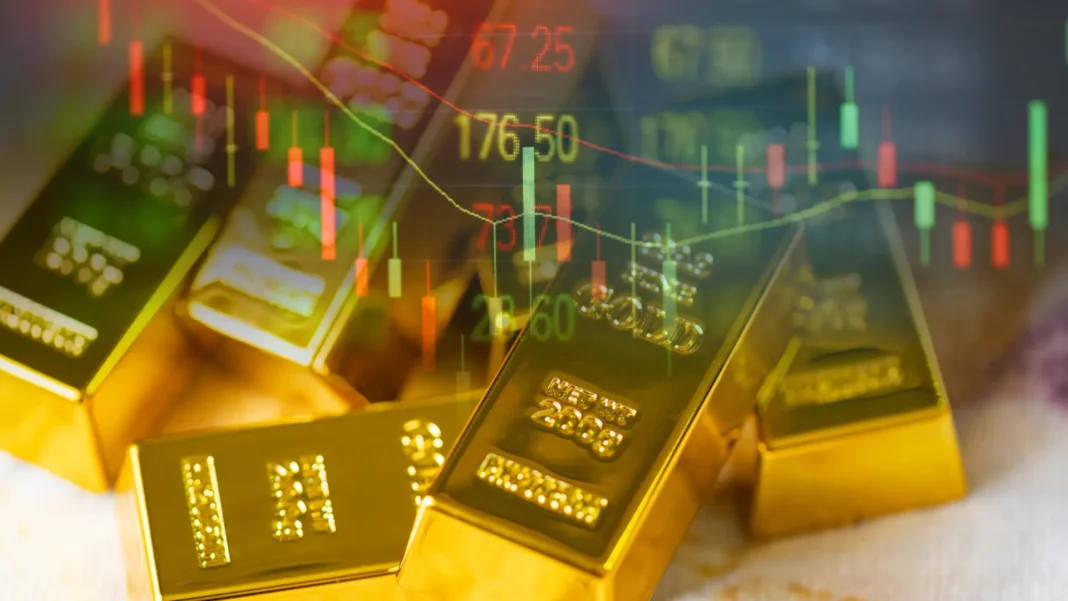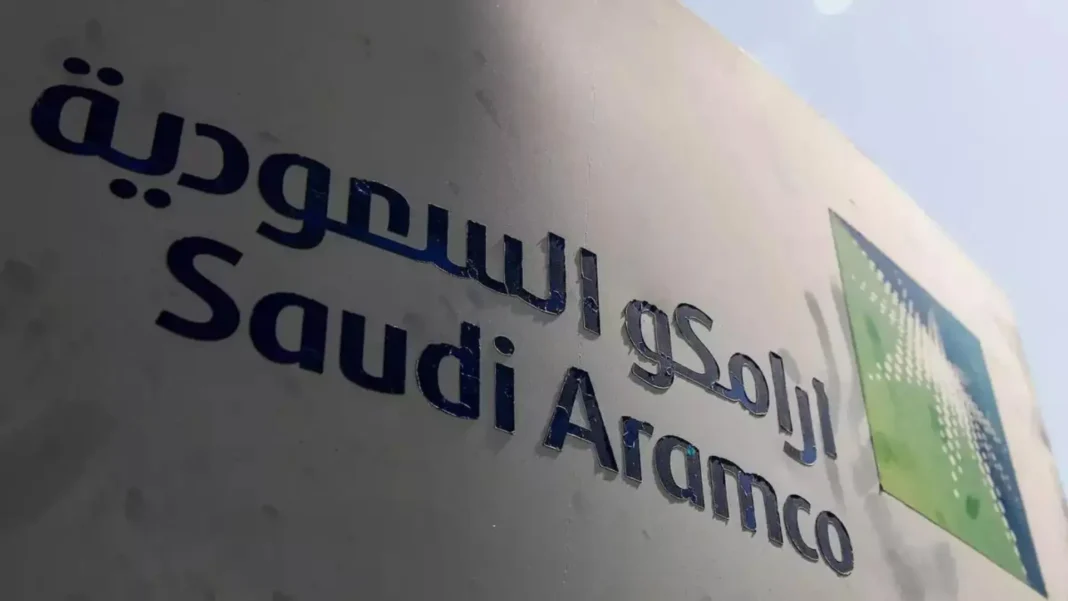In recent weeks, investors across the globe have been grappling with fears of a US recession and a significant tech meltdown. These concerns have understandably caused ripples of anxiety among stock investors in the UAE and Saudi Arabia. However, it’s crucial to look beyond these headlines and assess the actual impact on local markets. This article will delve into why UAE and Gulf investors should not panic and how they can navigate these turbulent times with strategic investment choices.
Current UAE Stock Markets Sentiment
US Recession Fears
The US economy has been showing signs of slowing down, sparking fears of an impending recession. This concern has been exacerbated by the tech sector’s struggles, which have seen some of the biggest names in technology experiencing steep declines in their stock prices.
Tech Meltdown Concerns
The tech sector, which has been a significant driver of market growth over the past decade, is now facing a meltdown. High inflation, rising interest rates, and regulatory challenges are just a few factors contributing to this downturn. However, it’s important to note that the UAE and Gulf markets have limited exposure to these tech giants, thereby reducing the direct impact on local investors.
Impact on UAE and Gulf Investors
Limited Exposure to US Tech
Unlike the US, where tech stocks dominate the market, the UAE stock markets have a diversified portfolio with limited exposure to the tech sector. This diversification acts as a buffer against the severe downturns seen in the US tech industry.
Importance of Solid Sectors and Stocks
In the UAE, sectors such as utilities, telecom, and finance play a significant role. These sectors have historically shown resilience and continue to offer attractive investment opportunities even during global market turmoil.
Early Gains in DFM and ADX
Recent Market Performance
Despite a 4.51% and 3.415% drop in the previous day, the Dubai Financial Market (DFM) and the Abu Dhabi Securities Exchange (ADX) have seen early gains. This recovery indicates underlying market strength and investor confidence in the region’s economic stability.
Analysis of Market Drops
The recent drops can be attributed to global market sentiments rather than fundamental issues within the UAE markets. Understanding this distinction is crucial for investors to avoid panic selling.
Indiscriminate Selling Across Markets
Sectors Affected
Currently, the market is experiencing indiscriminate selling, with most sectors and asset classes seeing declines except for bonds. This broad-based selling is more reflective of a global risk-off sentiment rather than specific issues within individual sectors.
Asset Classes in Decline
Besides equities, commodities and other asset classes are also facing downward pressure. However, this scenario often presents buying opportunities for discerning investors.
Investment Strategies for Stability
Focus on Dividend Stocks
In times of market volatility, dividend stocks offer a reliable income stream. Companies with a history of consistent dividend payments provide a cushion against market fluctuations.
Importance of Solid Returns
Investors should focus on stocks and sectors that promise solid returns. These include companies with strong fundamentals and a track record of performance, irrespective of market cycles.
Attractive UAE Stocks
DEWA: A Stable Choice
Dubai Electricity and Water Authority (DEWA) is a prime example of a stable stock in the UAE market. Known for its consistent dividend payouts, DEWA attracts risk-averse investors looking for reliable returns.
e&: Consistent Dividend Yields
Formerly known as Etisalat, e& is another attractive option for investors. The company has a strong track record of providing consistent dividend yields, making it a safe bet during uncertain times.
Evaluating Company Health
Sustainability of Dividends
When considering dividend stocks, it’s essential to assess the sustainability of these dividends. Investors should look at a company’s payout ratio, earnings stability, and overall financial health.
Overall Company Health
Beyond dividends, the overall health of a company is crucial. This includes factors such as debt levels, revenue growth, and market position. A healthy company is more likely to withstand economic downturns and continue rewarding its shareholders.
Upcoming H1-24 Results
Potential Market Movements
The upcoming H1-24 results are eagerly awaited by investors. These results will provide insights into how companies have navigated the first half of the year and what can be expected moving forward.
Indicators for the Second Half
These results will also offer indicators for the second half of the year. Positive results could spark more market activity and present new investment opportunities.
US Central Bank’s Role
Interest Rate Adjustments
The US central bank’s actions, particularly regarding interest rates, have a significant impact on global markets. A reduction in interest rates from their two-decade high could alleviate some of the pressures on the market.
Implications for Investors
Lower interest rates would make bonds less attractive, potentially driving more investments into stocks. This shift could benefit the UAE markets, which are less affected by tech sector volatility.
Bonds as a Safe Haven
Benefits of Bond Investments
Bonds are often considered a safe haven during market turmoil. They offer steady returns and are less volatile compared to stocks.
Comparison with Stock Dividends
While bonds provide safety, a generous dividend yield from solid stocks can sometimes outweigh the benefits of bond investments, especially in a market like the UAE, where certain companies are known for their robust dividend policies.
While the global market sentiments might be alarming, UAE and Saudi investors have reasons to remain calm. With limited exposure to the US tech sector and a strong presence of solid, dividend-paying stocks, the local markets offer a stable investment environment. By focusing on sustainable dividends, company health, and upcoming financial results, investors can navigate these turbulent times effectively.




